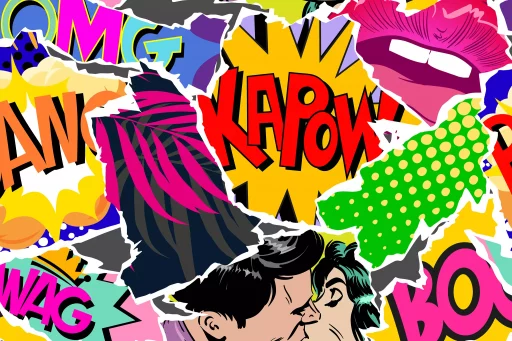Introduction
Language is a living entity that evolves with cultural influences, societal shifts, and the dynamics of communication. In the Philippines, one such slang term that has gained prominence is ‘DDS’. This term is frequently heard in various conversations, especially in political discussions. In this article, we will explore the meaning of ‘DDS’, its origins, and its significance in contemporary Filipino society.
What Does ‘DDS’ Mean?
‘DDS’ stands for ‘Diehard Duterte Supporter’. It refers to staunch supporters of President Rodrigo Duterte, who served as the 16th President of the Philippines from 2016 to 2022. The term is often used within several contexts:
- Political allegiance: It indicates unwavering support for Duterte’s policies and administration.
- Online presence: Social media plays a crucial role in where DDS backers express their views and defend their leader against critics.
- Culture of loyalty: DDS embodies a political culture that centers around loyalty to a figure, which has significant implications for Philippine politics.
The Rise of DDS: A Brief History
The term ‘DDS’ emerged during Duterte’s presidential campaign in 2016, amidst his controversial platforms, particularly his hardline approach to crime and illegal drugs. Supporters labeled themselves as ‘DDS’ to showcase their commitment to his style of governance and his mission to rid the country of illegal drugs and crime.
Characterizing DDS Supporters
DDS supporters often share certain characteristics that define their membership in this group. Below are common traits observed among them:
- Strong Nationalism: Many DDS supporters are highly nationalistic, celebrating Duterte’s efforts to assert Philippine independence, notably in foreign affairs.
- Social Media Engagement: Much of the DDS discourse takes place online, with supporters actively defending Duterte’s policies and engaging in heated online debates.
- Vocal Defense: DDS members often defend Duterte against both domestic and international critics, often employing derogatory terms for opposition figures.
Case Studies of DDS Engagement
Analyzing specific cases can shed light on how the DDS community operates in practice. One notable case is the online interaction during the global pandemic. As misinformation circulated regarding Duterte’s handling of the COVID-19 crisis, DDS supporters rallied in social media forums to bolster his image:
- Content Creation: Many DDS members created content that positively portrayed Duterte’s pandemic response, often overlooking criticisms and focusing on achievements.
- Use of Hashtags: Campaigns promoting DDS narratives often used hashtags like #DutertePalang and #DDS to unify their messages and reach larger audiences.
- Mobilization and Activism: The strength in numbers seen in DDS mobilization highlights their ability to influence public opinion despite opposing views.
The Controversies Surrounding DDS
Despite the passionate support for Duterte and his administration, the DDS label has also faced significant backlash. Critics argue that the excessive loyalty of DDS support creates a dangerous political culture marked by:
- Discrediting Dissent: Opposition voices are often disregarded, seen as unpatriotic or misled, leading to a polarized political environment.
- Violence and Intimidation: Some DDS supporters have been reported to engage in aggressive rhetoric, including intimidation of critics.
- Accountability Issues: The high level of loyalty sometimes results in supporters excusing or downplaying controversial policies or actions by the Duterte administration.
Statistics and Public Opinion
Public perception of DDS supporters has varied widely. Surveys and studies have shown fluctuating approval ratings for Duterte and, consequently, his supporters. A survey by Pulse Asia in 2021 revealed:
- Popularity: Around 59% of Filipinos expressed approval of Duterte’s presidency.
- Political Identity: Many self-identifying as DDS reported higher levels of trust in government initiatives compared to those who opposed his administration.
- Generational Divides: Younger respondents were generally more critical of DDS, contrasting with older generations who tended to support Duterte more fervently.
Conclusion
The term ‘DDS’ exemplifies the complexities of political loyalty in the Philippines. While it showcases the fervor of supporters for President Duterte, it also highlights the polarization and conflict inherent in modern Filipino politics. As the landscape continues to evolve, the implications of DDS on future elections and governance remain a topic worthy of ongoing discussion and analysis.


